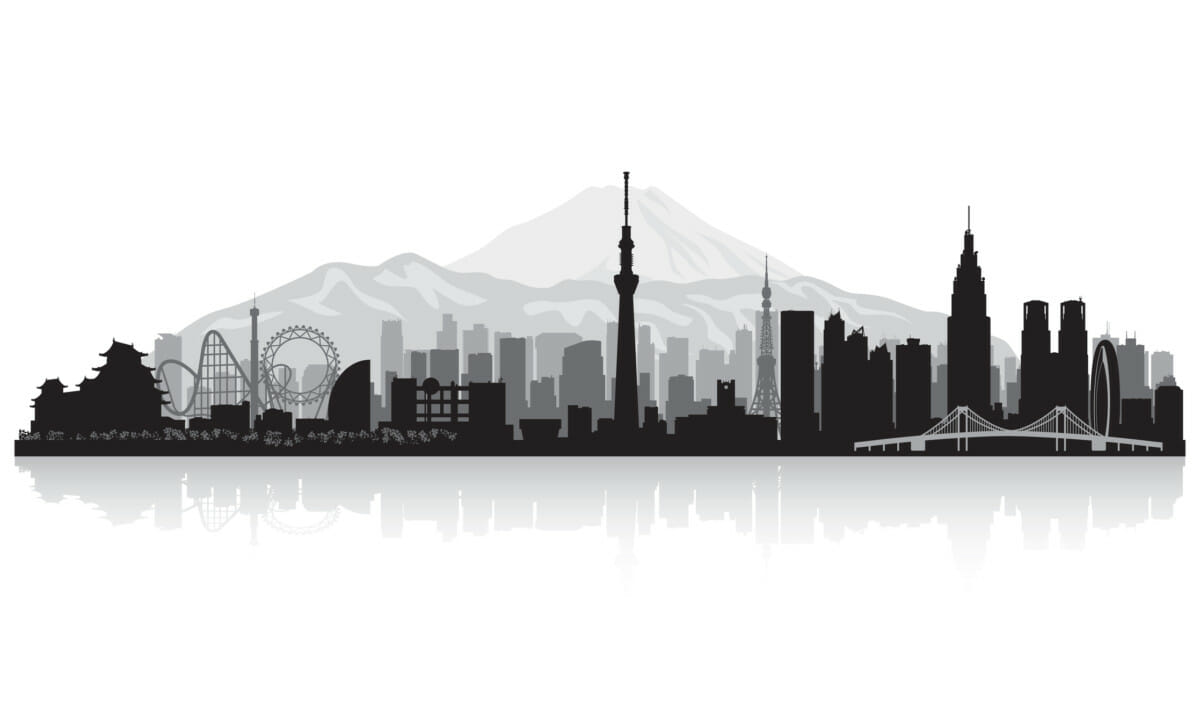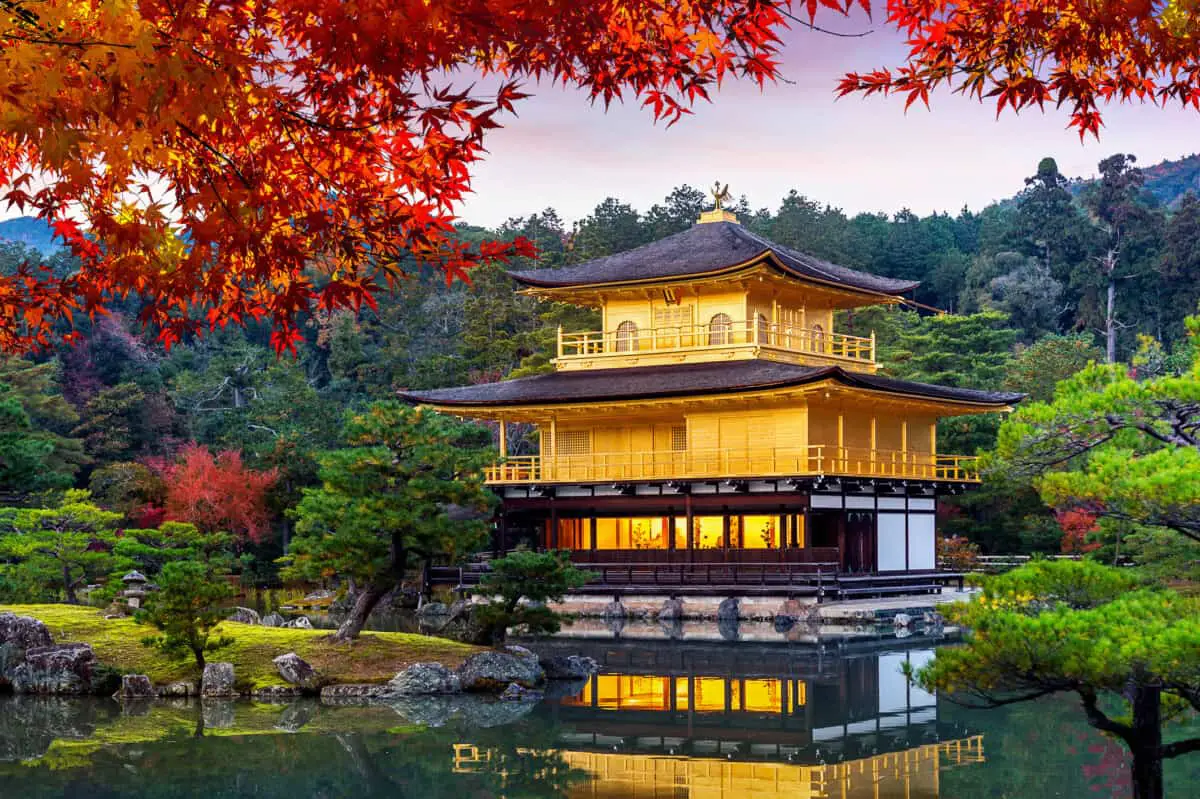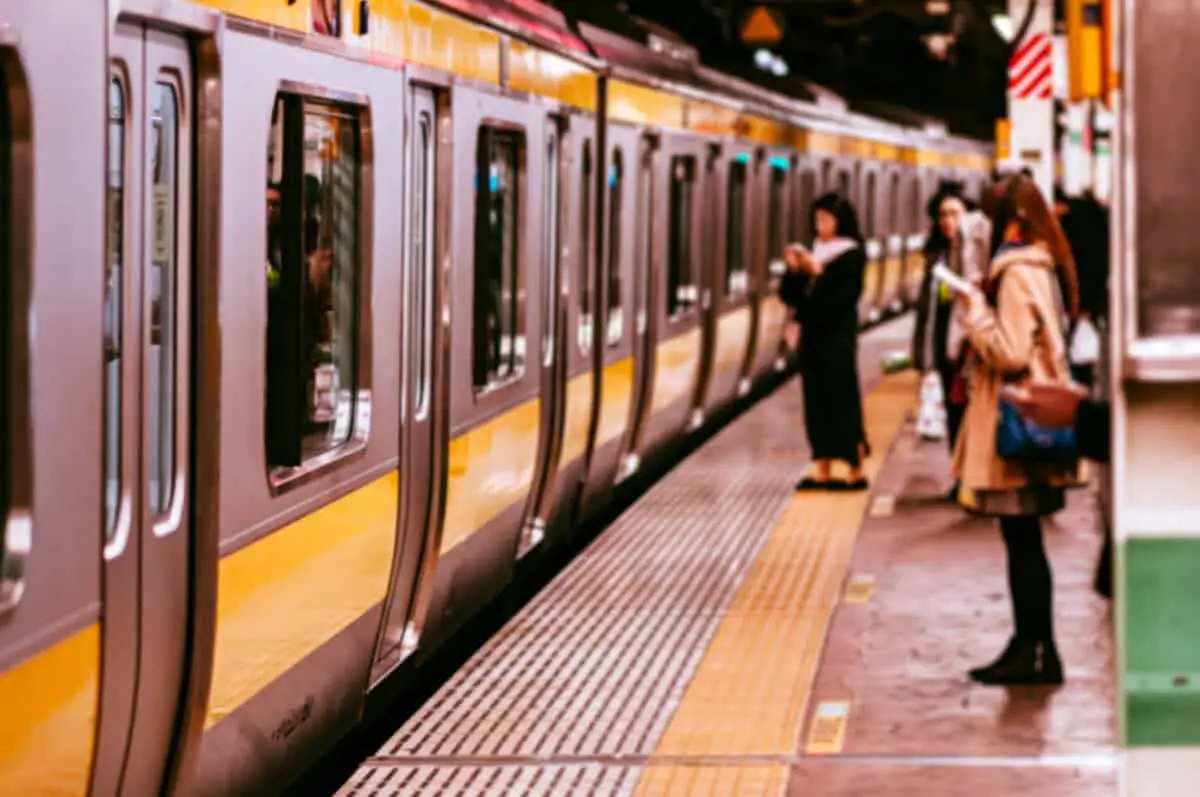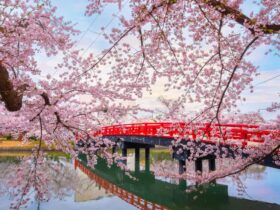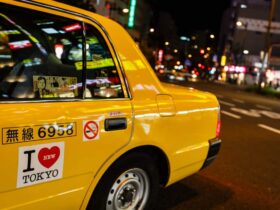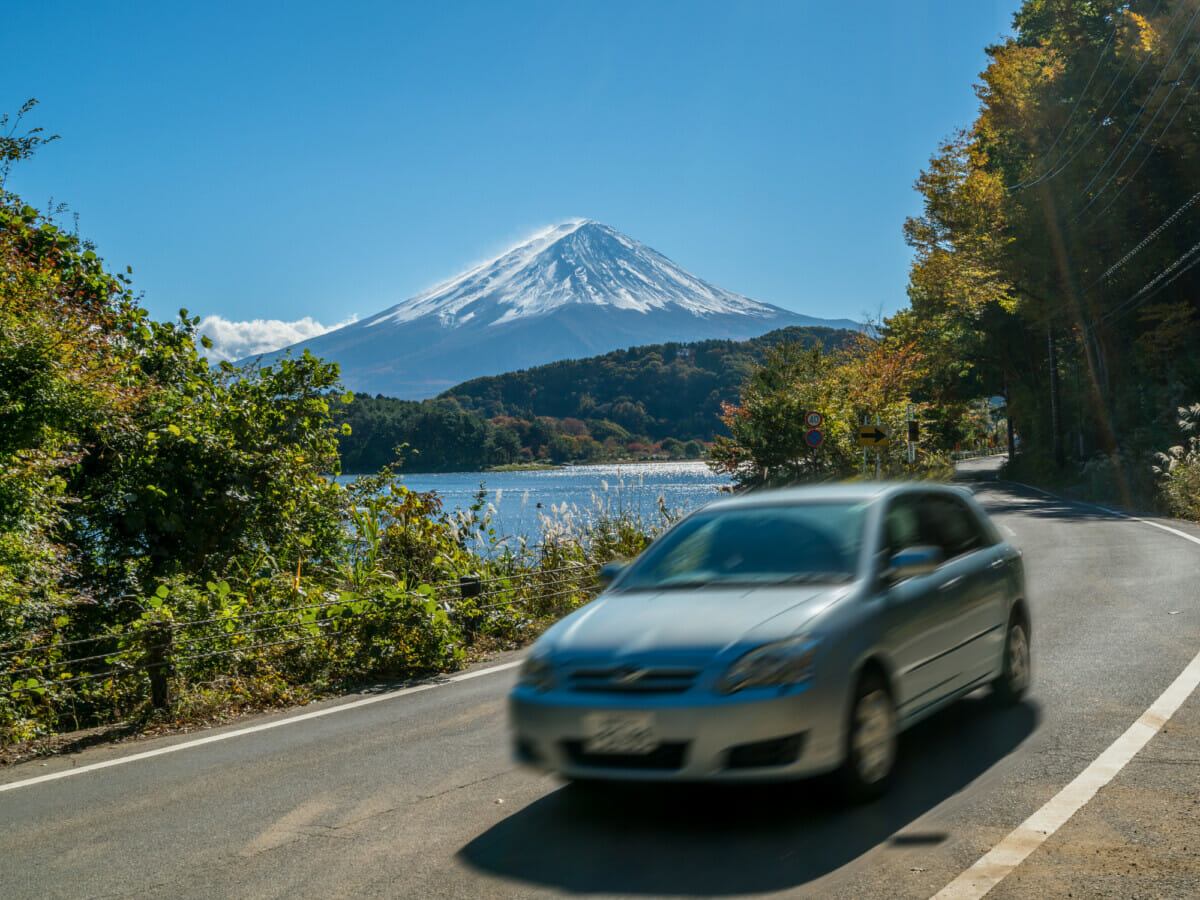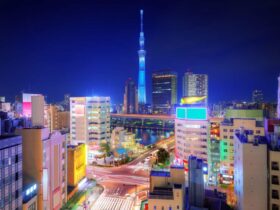How To Find An Apartment In Tokyo
You’re most likely going to have to work with a real estate agent to find an apartment in Tokyo. This will be necessary if you don’t plan on being in Japan until you’re preparing to move.
Just be sure you do your research, so you avoid being taken advantage of because of the fact that you’re a foreigner.
Our Article On Getting A Work Visa In Japan
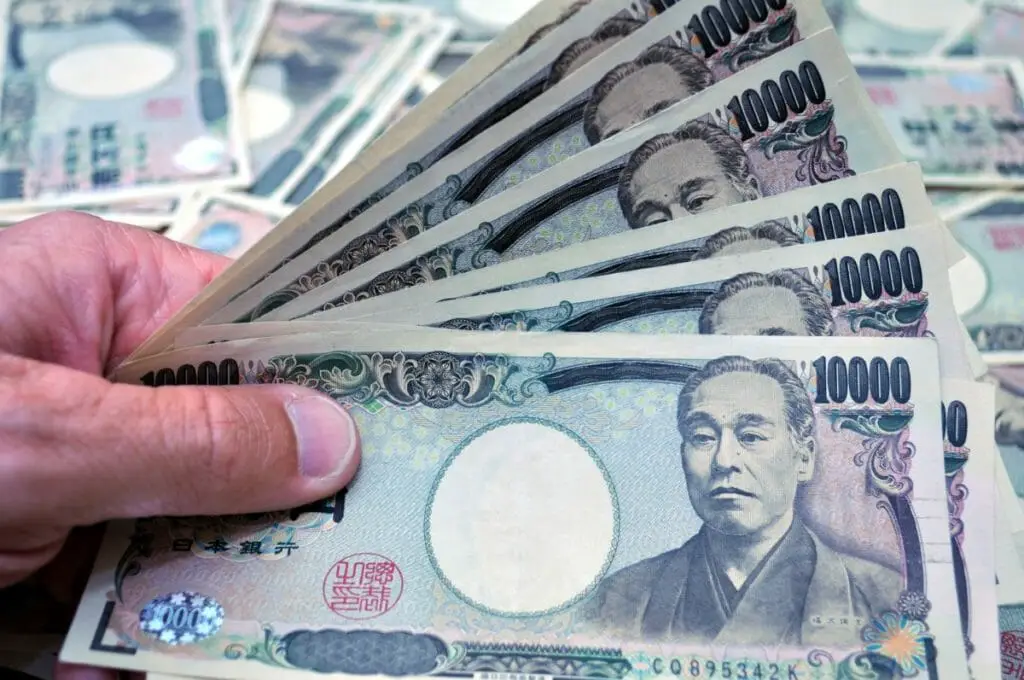
You should also know that real estate fees for helping foreigners find apartments can be a little pricey. This is because there are still some landlords in Japan that are nervous about renting apartments to people moving outside of the country.
If you know someone in Japan, they may be able to vouch for you, but otherwise, real estate agents may be your best bet to find an apartment.
Make sure you extensively research real estate agents that have experience helping renters moving to Japan from outside of the country, and look for reviews.
Some agents have been dishonest when helping foreigners, hiding certain costs until the last minute or being disingenuous about the condition of the property available for rent.
What Renting In Tokyo Is Like
Living in a big city like Tokyo can have its benefits and drawbacks. Moving around the country is easy due to the amount of public transportation that runs to the city, and there are so many things to do in Tokyo that you’ll never be bored.
Living in Tokyo also means that your rent will likely be high, and your apartment will likely be small.

There are hubs within Tokyo that are a little bit outside of the city’s core where you may be able to find better deals on rent, as well as apartments that are much larger than what you may find in the heart of the city.
What You Pay For To Secure An Apartment
You’re usually asked to put down one month’s rent as well as a deposit, which will usually be the same amount as a month of rent. This isn’t much different from how many North American rental agreements work. If you are working with a real estate agent to find you an apartment, you may also owe them a fee for their efforts.
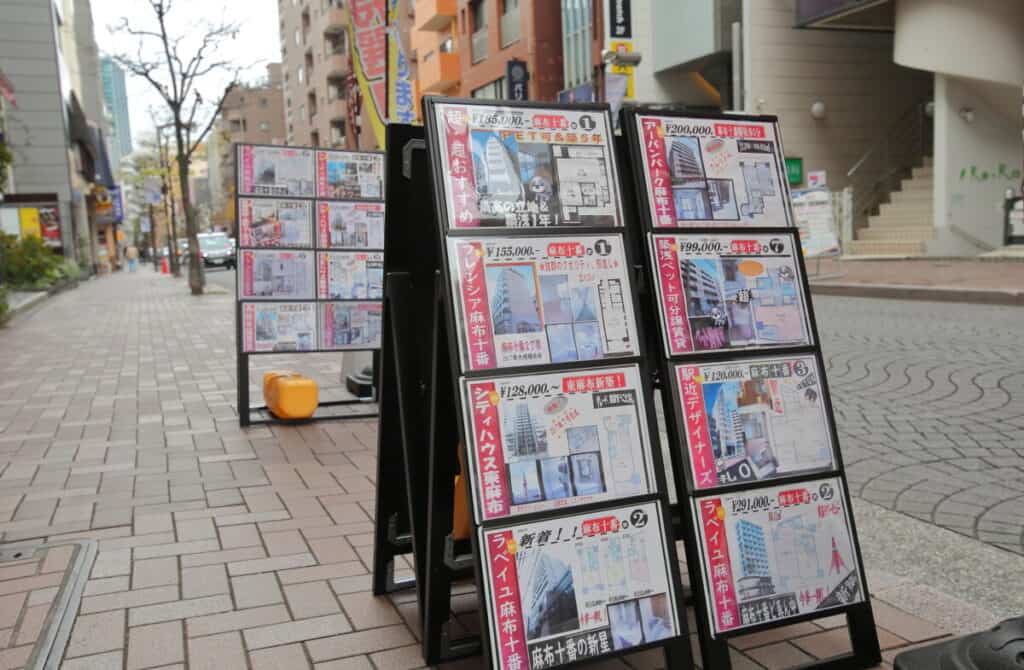
There’s also something unique to Japan known as key money, or reiken in Japanese. You may be asked to put down additional money to secure an apartment, though this isn’t practiced by all landlords anymore.
It was an older tradition after the Second World War that has since lost its luster, given that apartments are expensive enough to secure.
You are also asked to pay property insurance and a yearly maintenance fee, which is standard in Japan for renters.

Thus, you’ll be putting a lot of money down to rent an apartment, so be sure you’re financially prepared for that before signing any lengthy contracts.
How Securing An Apartment Works
While it may cause you some anxiety, you should be cognizant of how tenancies work in Japan. You won’t be able to have an apartment leased to you until a month before you’re ready to move in. Thus, a lot of skillful preparation on your part will have to be done, so you’re ready to go.
You can’t usually get an apartment sooner than that because when a tenant is leaving an apartment, they’re only required to give one month’s notice.

The landlord isn’t likely to want to leave an apartment vacant for longer than it takes for someone to move out and for someone else to move in.
Some landlords may also ask for a reservation fee as a guarantee of sorts that you’re going to move into the apartment. This is to ensure that they don’t lose money if you back out at the last minute. When you move in, this is often returned to you or may be applied to your rent.
Be sure you ask a bunch of questions about what is and isn’t allowed on the property before you move in, and be prepared to honor any rules you agree to.
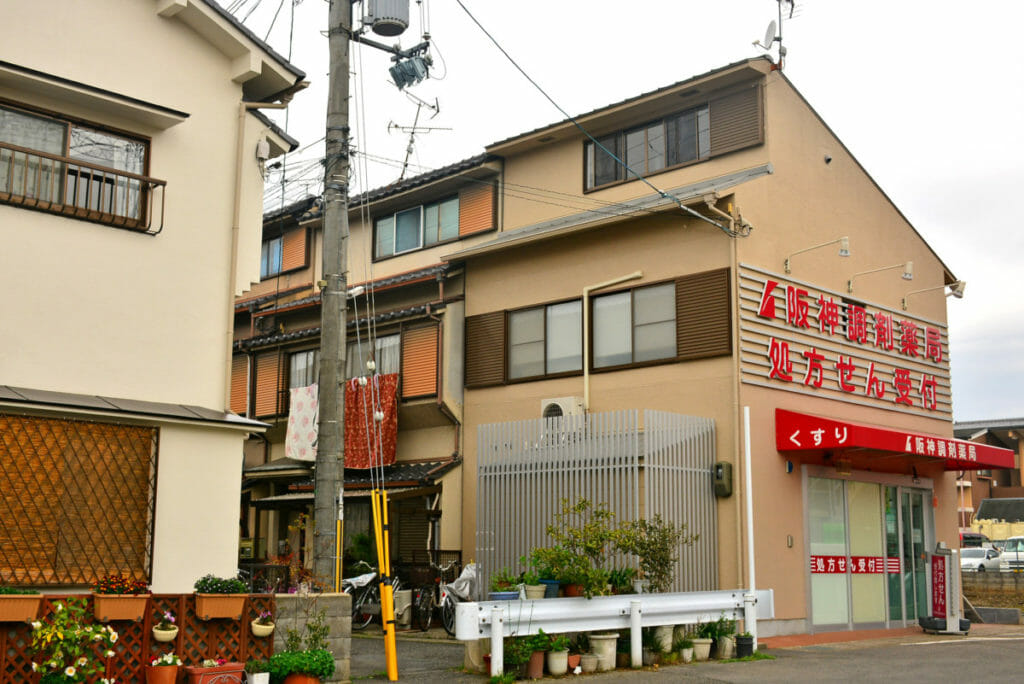
Many landlords avoid renting to foreigners due to disrespect of property and failure to pay, so you don’t want to play into this assumption.
Keeping the property tidy and in good condition will ensure you’re not charged for damages when you move out.
Some apartments also may or may not allow pets or children, so ask ahead of time if you need an apartment to accommodate that.
Paperwork Involved In Securing Apartments
You will be asked to fill out an application to rent an apartment. Some applications will ask you many questions, so don’t be alarmed.
Some landlords might also ask for you to submit a background check. When you’ve applied for an apartment, a landlord might take anywhere from a day to ten days to tell you whether or not you’ve been approved.

Afterwards, you will sign your lease should you both agree to the terms outlined in the lease. Otherwise, a revised lease may have to be drafted up. Any requests for maintenance or amenities will have to be included either in the application or the lease.
When the lease is approved by all parties involved, a contract will be drafted up. Once all parties sign the contract, you’ll be required to pay any deposits or fees requested before moving in.
At this point, you should get your utilities set up and prepare to move in.
Some people will stay in Tokyo at a hotel when searching for an apartment so that they can be more personally involved in the entire process. This also ensures you can see the apartment before you move in. Whether or not you want to be present is your choice.
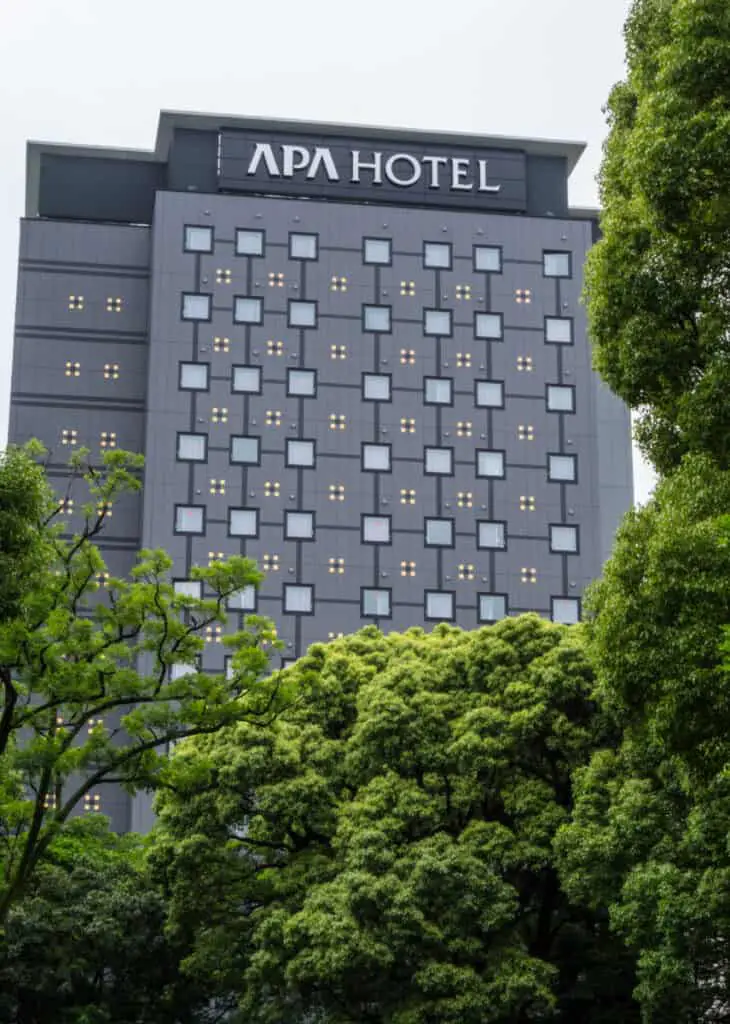
What To Do Before Moving To Tokyo
After you’ve secured your apartment and know you are moving to Tokyo, be sure to look into what companies are in the area regarding internet, electricity, and water. You’ll have to contact those companies and have your utilities set up. It’s worth taking care of this before you move so you don’t go without utilities.
You should also consider what type of commute you may have if you’ll be working while living in Japan. Furthermore, you should decide if you’re okay walking to a train or subway station or if you need to be super close.
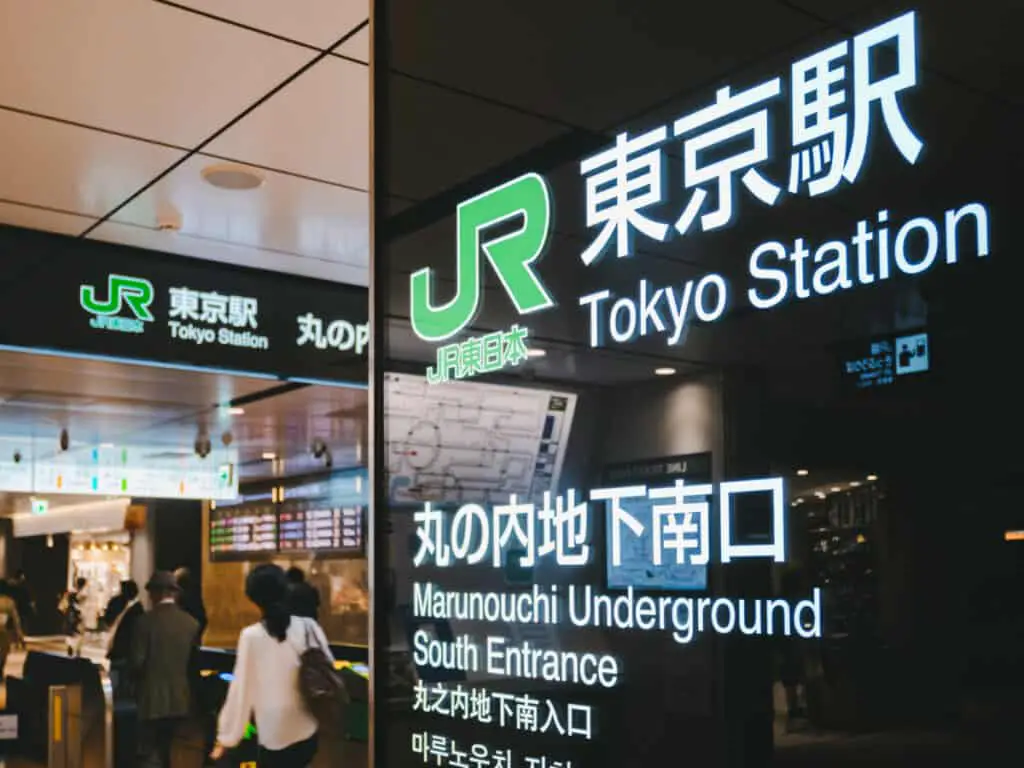
If you want to live close to major stations or stops for public transport, you’ll be paying for it with higher rent.
Save Money Before Moving
As to be expected, Tokyo is a very expensive city to live in. You should be sure to have a decent amount of money before making the move to have a safety net to fall back on should you need it.
You’ll also want to have money set aside for furnishings, as most apartments won’t come with anything.
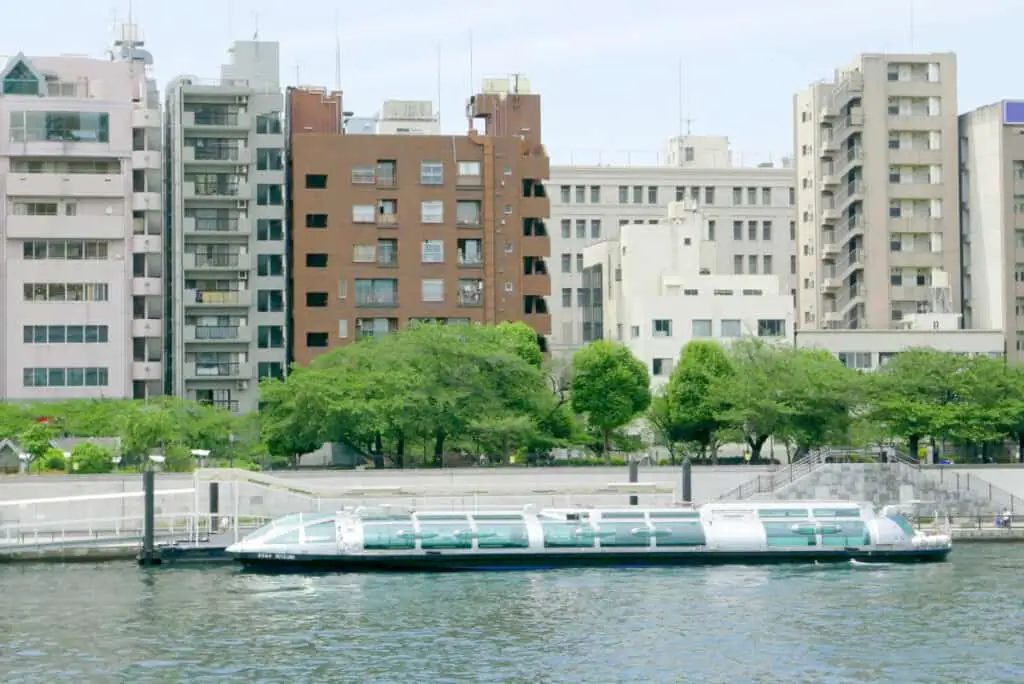
Many apartments also don’t have kitchen appliances, so be sure you have that in your budget should the apartment you choose not have anything in the kitchen.
If you’re living in Tokyo for a short amount of time and want to rent instead of staying in a hotel, you may find a furnished apartment available. These types of apartments are often saved for temporary stays.
Hmlet Furnished Apartments In Japan
After You’ve Moved To Tokyo
If you’re looking to save a few bucks, especially if you’ll not be living in Japan permanently, there are some Facebook groups to scour for free or second-hand items for your apartment at affordable prices.
Mottainai Japan is one such group that often has free furniture and other items, frequented by those who are moving out of Japan and want to unload their things.
You should also be aware of some other fees you may have to pay while renting in Japan. As mentioned, maintenance fees are usually charged, yearly or monthly, that help to maintain the property and will go towards repairs and other needs.
If you’re looking to renew your lease, you are sometimes asked to put down a month’s rent to renew.
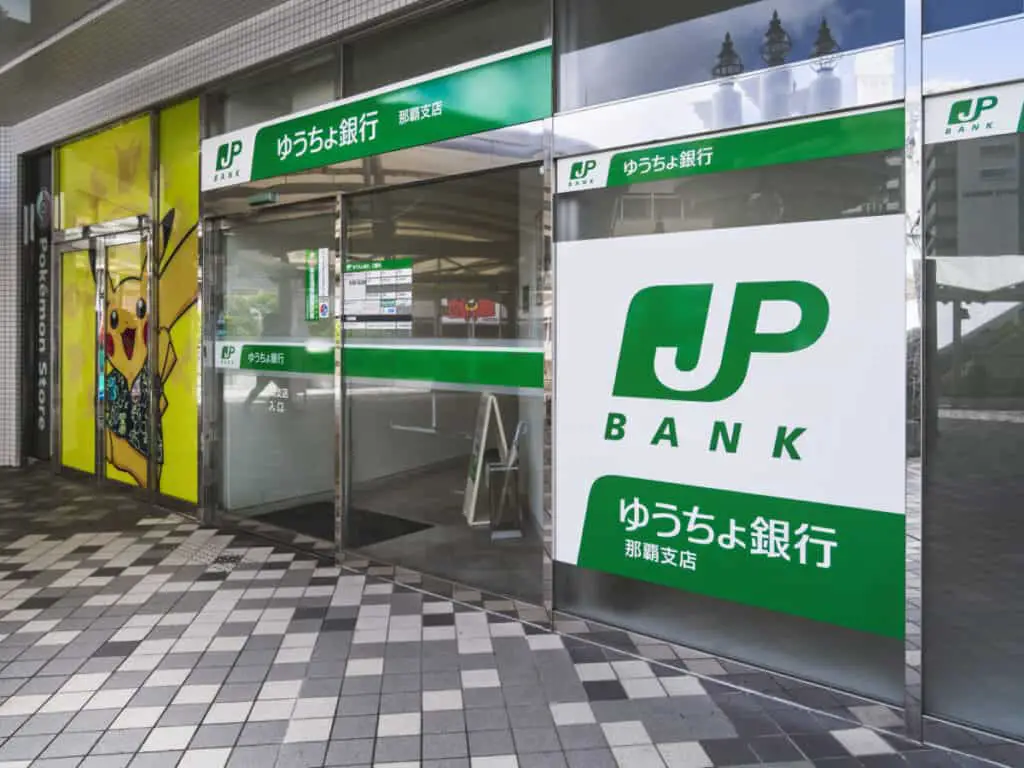
Types Of Leases In Japan
You might find a few types of leases during your Tokyo apartment search. A typical lease can be renewed, and it usually secures you the apartment for two years.
There are also fixed leases that allow you to rent the apartment for a predetermined amount of time. You’d have to negotiate with the landlord if you wish to extend your stay in the apartment.
Suumo Apartment Rental Website

